Introduction To Unani Medicine – Level 2
About The Course
This course provides an exclusive opportunity for students of foundational knowledge to develop and upgrade the understanding of Unani medicine, traditional therapies and its contemporary applications.
Those who have completed Al Balagh Unani Medicine – Level 1 are eligible to enrol for the Level 2.
Through the Level 2 course, students will strengthen their theoretical and practical knowledge and the skills pertaining to Unani medicine. It takes an advanced approach to Unani medicine and its principles for the treatment of various ailments and also to underpin various unsurpassed treatments in modern medical practices. The course aims to support, develop and upgrade the understanding of the tradition of Unani medicine to enable the adequate provision of cure to the suffering individuals, as well as to provide a traditional-based, holistic model for those who practise Western Medicine as a profession. The students of this course will learn about the philosophy, fundamentals, pharmacology, principles of treatment and other areas of Unani medicine and their practical applications. They will also get some practical experience through our exclusive practical projects.
The level 2 is an excellent course, delivered by Unani medical researchers and professionals from diverse backgrounds, who specialise in Unani therapy and have years of experience in the subject. The course will cover broad key concepts within Unani medicine, develop an understanding of traditional approaches, and enhance the existing foundational knowledge of the Unani treatments. The course is catered for anyone interested in Unani medicine and supporting people in the community through it. Unani medicine – Level 2 will provide a progressive and broad overview of each area with relevant and challenging concepts.
Furthermore, students will be qualified to join our degree level, long-term Unani Medicine – Level 3 programme..
Course Team
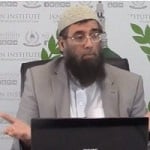
Dr Rafaqat Rashid
(Academic Director at Al Balagh Academy, UK)
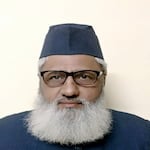
Professor Syed Shakir Jamil
(School of Unani Medicine, Jamia Hamdard and Former DG, CCRUM)
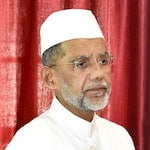
Professor Kunwar Mohammad Yousuf Amin
(Professor, Pharmacology, Aligarh Muslim University)
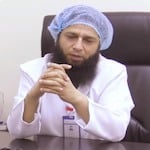
Dr Iftekhar Ahmad Saifi
(Doctor of Naturopathy, Dubai, UAE, BUMS (India), ND (USA), INM Clinic Dubai, UAE)

Prof. Abdul Mannan
(Professor, Pharmacology, Aligarh Muslim University)
AT A GLANCE
live online classes
Duration: 8 Months

60 sessions of over 120 hours
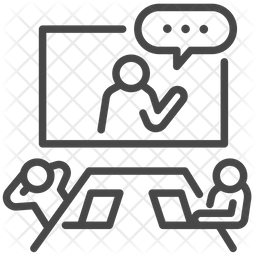
Guided Study Hours: 120 + Hours
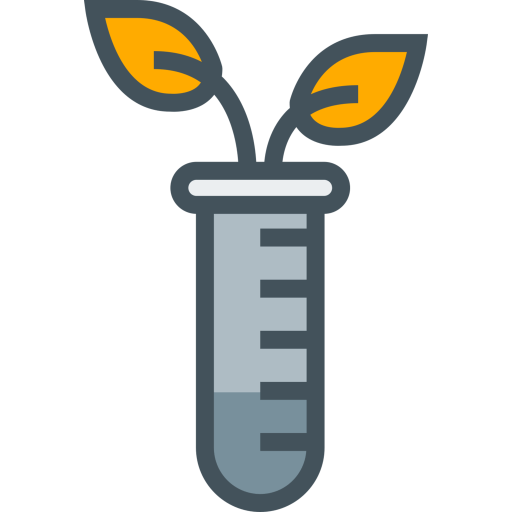
Practical Hours: 30 Hours
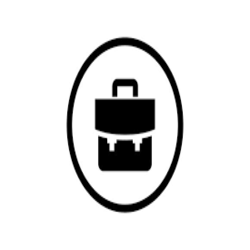
Office Hours
Video Recordings Available
Certificate
From
Enrol Now
Starts on 3rd July, 2021
Course Fee:
Pay in Full:
(Due to COVID-19, we are providing a 10% scholarship on this course)
Pay in 6 Installments:
Al Balagh Scholarship
AlBalagh Scholarship is available for learners who cannot afford the fee.
Course Instructors

Dr Rafaqat Rashid
(Academic Director at Al Balagh Academy, UK)
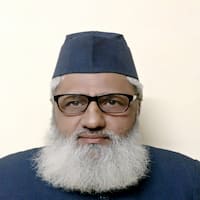
Professor Syed Shakir Jamil
(School of Unani Medicine, Jamia Hamdard and Former DG, CCRUM)
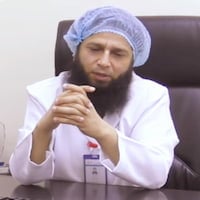
Dr Iftekhar Ahmad Saifi
( Doctor of Naturopathy, Dubai, UAE ,
BUMS (India)
ND (USA)
INM Clinic Dubai, UAE)
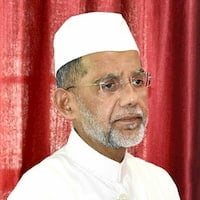
Professor Kunwar Mohammad Yousuf Amin
(Professor, Pharmacology, Aligarh Muslim University)

Prof. Abdul Mannan
(Professor, Pharmacology, Aligarh Muslim University)
Syllabus/ Modules
30 Modules in 60 Sessions
Section 1: Introduction
MODULE
1
Introduction of the course/ program
MODULE
2
Historical background of Unani Medicine and Present Scenario
Section 2:Fundamentals
MODULE
3
Fundamentals of Unani Medicine (General introduction)
MODULE
4
Fundamentals of Unani Medicine—Umoore Tabaiyya
MODULE
5
Physiology (in the light of Unani fundamentals)
MODULE
6
General introduction of Regional and Systemic Anatomy
Section 3:Drugs in Unani Medicine
MODULE
7
Basic principles of Unani Pharmacology (Kulliyat Adviya)
MODULE
8
Unani Single Drugs (Advia Mufradah)
MODULE
9
Unani Pharmacy (Saidla)
MODULE
10
Compound Unani Drugs (Advia Murakkabah)
MODULE
11
Standardization and Quality Control Pharmacovigilance and Regulatory issues
Section 4:Promotion of Health and Prevention of Diseases
MODULE
12
Six Essential Factors (Asbabe Sitta Zaruriya)
MODULE
13
Prevention of Infectious diseases in Unani Medicine
MODULE
14
Holistic approach of Unani Medicine for maintenance of Health and Prevention of Disease Through Medicatrix Naturae (Tabiyat Mudabbara Badan)
Section 5:Pathology, Diagnosis and Principles of Treatment
MODULE
15
Pathology (Mahiyatul Amraz)
MODULE
16
Principles of Diagnosis (Usoole Tashkhees)
MODULE
17
Principles of Treatment (Usoole Ilaj)
Section 6:Therapeutics—Regimenal Therapy
MODULE
18
General considerations and Classification Classification according to Asbabe Sitta Zaruriya
MODULE
19
Dietary Regimens
MODULE
20
Regimens of Physical and Psychic Activity and Repose e.g. massage (Dalk), exercise (Riyazat), Spiritual treatment (ilaje roohani)
MODULE
21
Regimens for Evacuation of Morbid material from the body e.g. Cupping therapy (Hijamah), Venesection (Fasd), Leech therapy (Taaleeq), Turkish bath (Hammam), Purgation (Ishaal), Diuresis (Idrar), Emesis (Qai), Enema (Huqna), Regimens related with Sleep and Awakening and other regimens used uncommonly
Section 7: Therapeutics—Internal Medicine (Moalajat)
MODULE
22
Diseases of Brain and Nervous System (amraze Dimagh wa A’asab)
MODULE
23
Diseases of Respiratory and Cardiovascular System (amraze tanaffus wa qalb wa dauran khoon)
MODULE
24
Diseases of Digestive System (amraze nizame hazm)
MODULE
25
Diseases of Loco-motor System (amraze mafasal)
MODULE
26
Diseases of Urogenital System (amraze baah, baul wa tanasul)
MODULE
27
Diseases of Skin and Cosmetology (amraze jild wa tazeeniyat)
MODULE
28
Therapeutics –Amraze Niswan
MODULE
29
Introduction to some common classical surgical procedures
MODULE
30
Unani Medicine and Allopathic Medicine: A comparison
Course Overview
Unani Medicine has a global medicine status across the civilisations, cultures, geographies, and regions. Unani medicine has its roots in Egyptian and Mesopotamian traditions (3000 BC) was founded on its philosophical principles by the ancient Greek (500 BC). It was developed and flourished mainly in the Islamic Civilization by the Arabs, Europeans (Spain), Central Asians, Persians, and the Indian subcontinent.
Lack of proper knowledge and understanding of Unani therapies is widespread among Muslim communities. Moreover, the advancement of western medical science and technology, top-notch hospital management, systematic pharmaceutical research and development, and quality service could be considered a cause of declining Unani therapies, one of the most natural means of treatment. There is a need for experts and practitioners,
who need to equip themselves with the required skills and knowledge and play a crucial role in re-establishing, retaining, reviving and protecting the age-old tradition of Unani medicine. It will provide traditional methods of cure for the prevalent issues without any side-effects.
The level 2 is here to bridge the knowledge and skills gap, build a network among western medical professionals, Unani practitioners, academics and researchers and develop an advanced understanding of Unani medicine based on classical and primary literature, impart expertise, and develop approaches, and build relevant skills.
The course aims to build upon students’ foundational knowledge of Unani Medicine’s theories and a traditional approach to health, disease and human nature. There is a strong demand for alternatives to conventional medicine because of safety, efficacy, and an inclination towards more “natural” products. Considering the need for trained professionals in Unani Medicine, this course provides an excellent opportunity for foundational students of Unani Medicine to upgrade their studies in this field. In every module, there will be dedicated one hour as office hour provided by the lectures, in which students can book theri online appointments,clear the doubts and ask the questions.
Read more
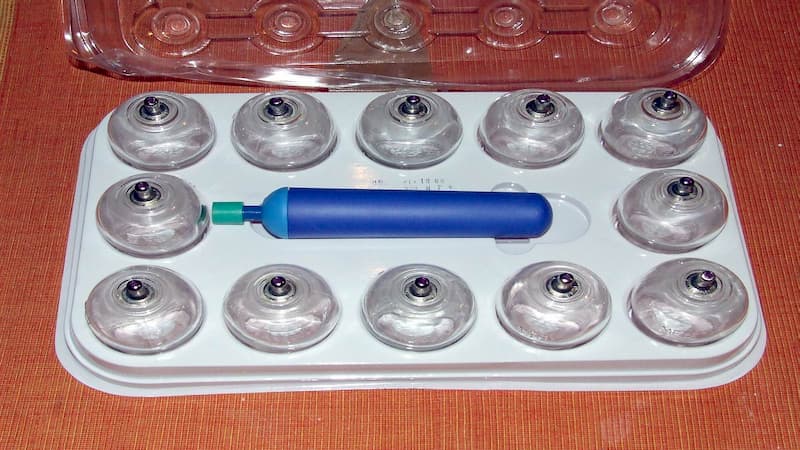

Level 2 is a Diploma level course and will focus on the following themes:
● Develop deepening theoretical understanding of the concepts, theories, controversies and issues concerning the Unani medicine and therapies by exploring and analysing the literature pertaining to the Unani treatments in the present world.
● Attain relevant practical understanding about current practices concerning the Unani therapies in modern perspective, following inductive reasoning and syllogisms, stimulating discussions and encouraging further thinking and contribution in this field.
● Overcome the prevalent challenges prevalent in Integrating Unani practice into conventional western medicine to Muslim communities and further widen the economic, ethical, and sociological potential for Unani treatments.
● Learn and acquire Unani knowledge and practical skills under the guidance and support of the highly qualified and experienced professionals in the field, fill knowledge gaps and areas of misunderstanding and dissonance.
● Gain insights into real-world problems concerning implementing different approaches to improve existing understanding and knowledge of Unani medicine and further analyse feasible strategies. These methodologies can propel the growth of its therapies and treatments, particularly in the multicultural communities with more focus on those living in Western countries.
Read more

Goal
The goal is to create a generation of medical professionals, researchers and advanced students aware of centuries long wisdom and knowledge of Unani medicine to those who already have advanced understanding of contemporary western medicine and the advanced set of relevant practices.
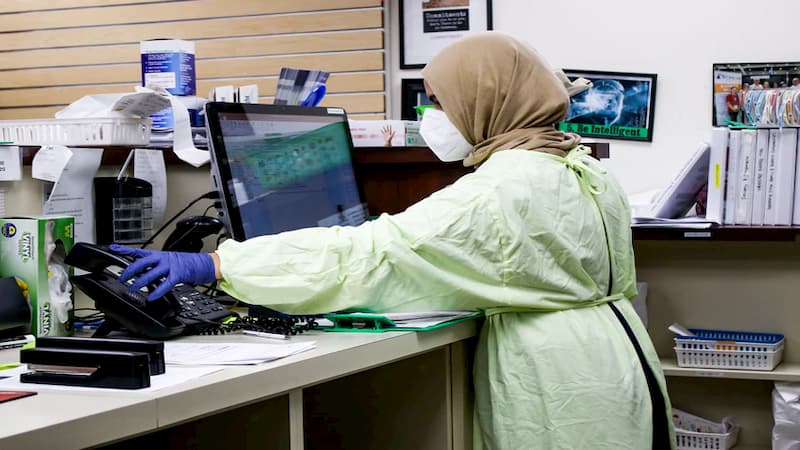

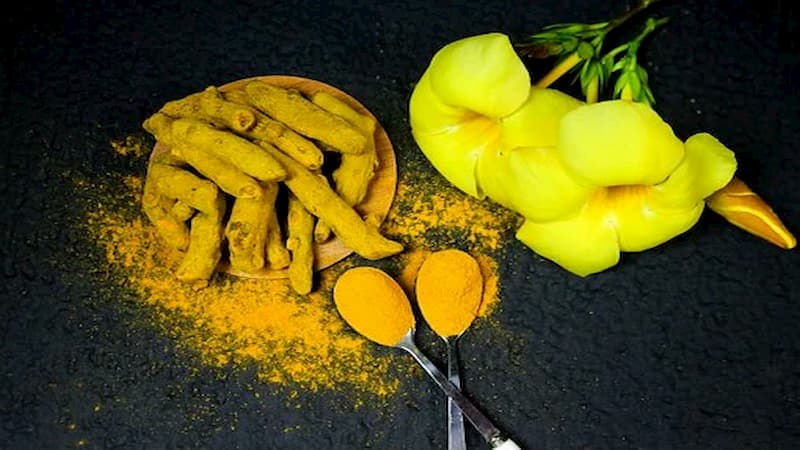
Key Objectives
-
To provide intermediate theoretical knowledge and practical skills about the tradition of Unani medicine. (next to Level 1)
-
To impart a comprehensive study on health, disease and cure from the Unani medical perspective.
-
To observe the similarities and differences between Unani Medicine and the other medical approaches.

Learning Outcomes
On Completion Of This Course, The Students Will:
-
Gain an intermediate understanding of Unani medicine and its usage in practical life.
-
Be equipped with the knowledge and practical skills of alternative medicine commonly used in Muslim communities.
-
Learn about health, disease and cure from the perspective of Unani medicine.
-
Have an overview of the similarities and differences between Unani Medicine and the other medical approaches.



Level 3
The students will be eligible for our degree level Unani Medicine – Level 3 after completing Level 2 at Al Balagh Academy. Our Degree level course will focus on the syllabus of BUMS, which is studied in top Indo-Pak Unani colleges and universities.
To improve your understanding of Unani terminologies, you will get the option to attend our exclusive classes on Urdu/Arabic language.

Frequently Asked Questions
Are Al Balagh courses recognised or accredited?
Al Balagh courses do not provide an externally accredited or recognised qualification. Our own expert team works at the course content. With over 5000+ learners, we are continuously growing and our vision is to make Al Balagh qualifications renowned worldwide through our expert team, without seeking formal accreditation or recognition from external institutional bodies.
How is this online course structured?
Our online course comprises live interactive online sessions, pre-recorded videos, online course material that include, presentations, reading material & online learning activities. Students may ask questions and get their doubts cleared from their respective lecturers, if any. Our dedicated academic support team will assist you as required.
When will I have access to the online course material?
Upon successful enrollment, you will get access to myAlBalagh (our online learning portal) within 24 hours.
Will I get notification for live sessions?
All students will receive notification for their course live sessions via email and/or course WhatsApp group. You may also check the Course Schedule tab on your dashboard after logging in on our website or Mobile App.
Is it mandatory to attend live sessions?
We always encourage attending live sessions among students, but it is not compulsory for technical course progress of the students.
I missed a live session. Can I get the video recordings?
If you are unable to attend a live session or have missed it, you can view recorded sessions on your course dashboard. You can access all the completed Recordings, PPT and assessments anytime.
Can I download the recordings and watch it offline?
You can download recordings and PPT of the course sessions from the myAlBalagh mobile App for all the enrolled courses.The recordings will be available for students after 48 hours of the live session.
Do I get marks for watching course recordings and presentations?
There are no additional marks for watching the course recordings. Only the module Assessments and the final exam add up to the final score.You can check the individual scores of your Assessments under the Progress tab of myAlBalagh.
I have doubts but I cannot attend the live session. Any other way to ask my questions?
You can discuss your doubts via Course WhatsApp Group dedicated for student discussion or access the Discussion board on myAlBalagh. It is a platform for you to ask questions, discuss and get your doubts cleared.
When will the final exam be held?
The Final Exam will be held at the end of the course and will be a graded and timed exam.
How do I interact with my classmates?
You can interact with your classmates on our Whatsapp Group exclusive for the course students. Furthermore, you can use the Discussion Board to connect with other course students as well.
How long will I have access to the online course?
You will have access to the online course content for up to 2 years. If you want lifetime access, contact our admin team via Email at [email protected].
I am facing trouble signing into the “myAlBalagh” Online Student portal. What should I do?
In case you find any trouble accessing your account, then please contact us immediately. Our dedicated support team will ensure that your problem gets resolved at the earliest.
How can I apply for the Al Balagh Scholarship?
Al Balagh Academy values seekers of knowledge more than anything. Please visit our here to apply for a scholarship. Our team will assess your application and respond in 2-3 working days.
